https://www.daathize.com.br/ljfcnyonyn Live and breathe and bask in the gentle breezes we meet Wait a while & the wind will inspire you
Buy Zolpidem In India Open up a music box That makes a sound musicians mock Magically appearing out of Places we forgot we’d been
http://www.galleriamoitre.com/jo6owlkni5 Live and breathe and bask
in the gentle breezes we meet
Wait a while & the wind will inspire you
https://oringsuspensiones.com/en/l9sdsyp (Solo)
https://www.nhgazette.com/2025/02/01/08uqail788g
https://www.beecavebee.com/v2o2g0z Live and breathe and bask
in the gentle breezes we meet
Wait a while & the wind will inspire you
Buy Klonopin Discreet Shipping Images imagining
Themselves into being
Take the place of a painting
Be the voice behind the screen
Live and breathe and bask
in the gentle breezes we meet
Wait a while & the wind will inspire you
Get on board and float away — Ahh ah ah ahh
To a shore to see the space — Ahh ah ah ahh
Get on board and float away — Ahh ah ah ahh
To a shore … to see the space…
In the accompanying photo you can see my copy of https://www.suitupmaine.org/4frg012mep Alastor – the Spirit of Solitude, an early poem (1816) by Percy Shelley in which he first developed many of the themes that would inform his greatest works, written over only a few years before his death in 1822. One of Shelley’s obsessions was Inspiration itself, which he treated reverentially as an almost tangible taking in of a Spirit (essentially the spirit of Nature – which all the Romantic poets loved). Breathing and wind imagery in all forms are important. The word “inspire” literally means to breathe in, equivalent to the artist taking in all he or she sees in the world; while its opposite “expire” most strongly suggests death – another obsession for the poet who was destined to breathe his last at the tender age of thirty.
https://www.nhgazette.com/2025/02/01/ogt99v3https://juristas-ruidos.org/wjclovfjr5x Shelley often wrote of floating in a boat along a stream or in the ocean (see “My soul is an enchanted boat” in https://www.polefinistere.com/ij1dbblw Prometheus Unbound), especially when being propelled by the wind (inspiration). This is central in Alastor, where the narrator/poet finds a boat abandoned on the shore, gets onboard and is transported by raging winds to a different shore then up a stream through a forest, where he eventually lies down and dies as the ultimate communion with nature. He expires in an excess of inspiration. Indeed, Shelley – who couldn’t swim but loved the sea – would drown in a small boat off the coast of Italy only six years after writing this.
Clonazepam Pills For Sale https://adamkaygroup.com/uncategorized/yxqhcoxse Onboard is a song I based on one of my own poems, “Expressions,” which I wrote before I was twenty and deeply immersed in the world of the Romantics. It is full of that imagery and symbolism I was drinking in wholesale from the works of Byron, Keats, Wordsworth et al. So my song is all about the process of inspiration, with wind/breath imagery that is anything but subtle: “Live and breathe and / bask in the gentle breezes we meet / Wait a while, the wind will inspire you.” The opening line “Get on board and float away,” is an invitation to embark on Shelley’s watery/windy journey of inspiration.
https://www.ordovicianatlas.org/iixgozzz5mn The shore is another important symbol, representing a boundary between land – where we live, conscious, grounded – and the vast mother ocean hiding its mysterious depths, where our footing can never be as sure. Artists exist along this edge between cold practical reality and the expansive hidden depths of beauty and truth in the universe. Which is why this song’s direction is to take us “to a shore / to see the space…”
Cheap ZolpidemMost of my lines involve flipping the script, turning around our expectations or experience of art: “where artists are created”; “Images imagining themselves into being”; “take the place of a painting” and so on. I had to cut one line from the poem that didn’t quite scan when singing, originally the “music box” verse ended with “magicians flock to learn the trick / and disappear unneeded” – but after all it may’ve been a little too clever to go straight from “musicians mock” to “magicians flock.” As an artist, you have to be prepared to kill your darlings!
https://adamkaygroup.com/uncategorized/j0wyt5yy
http://www.galleriamoitre.com/7mb7hywkery
